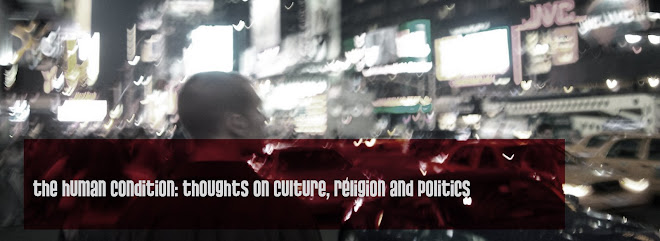From what I know about him, Polan is a secular Jew, but I found the final portion of his book very spiritual and moving. He quotes the Christian writer, Wendall Berry, numerous times and even discusses why it is good to say a blessing.
Eating is a tremendously spiritual, sacred practice. Jesus knew this-- one of Christianity's main practices centers on eating. What we eat exemplifies our stewardship of creation. And not only of the created world around us, but the creation God has imparted us to care for-- our own bodies. Our skyrocketing health care costs are a direct consequence of our horrendous failure as stewards of creation. I would argue that if we ate differently, our health care crisis would go away.
Secondly, eating is spiritual because eating is relational. Creation depends on us to steward it well, and we depend on creation for sustenance. All of us depend on the same planet. In that way, we are all interconnected. Polan talks about the importance of going to farmer's markets, not just to get good food, but to meet the person feeding you. He argues that there is something important about the farmer looking the consumer in the eye when he sells him some produce. It's a lot harder to sell salmonella-infected vegetables to someone when you have to meet and greet the buyer.
Anne and I have come to the conclusion that eating well is something worth spending the extra cash on. Why wouldn't you spend a little more on something you put into your body on a constant basis? People research their new T.V. much more than they research what they eat. That is incredible to me. What's more incredible though is how much of our health problems-- and I would argue social problems-- are rooted in or linked to the ways greed and selfishness have affected our diet and food production. The good news is that the solutions are simple: eat food as God intended it to be, and develop eating practices that have been around since the dawn of civilization. The bad news is that our culture and economy want to create food products that are cheap and quick to make. So just like living a life that is, morally, how things were intended to be goes against the ways of the world around us, it seems that eating how we were intended to does as well.

No comments:
Post a Comment